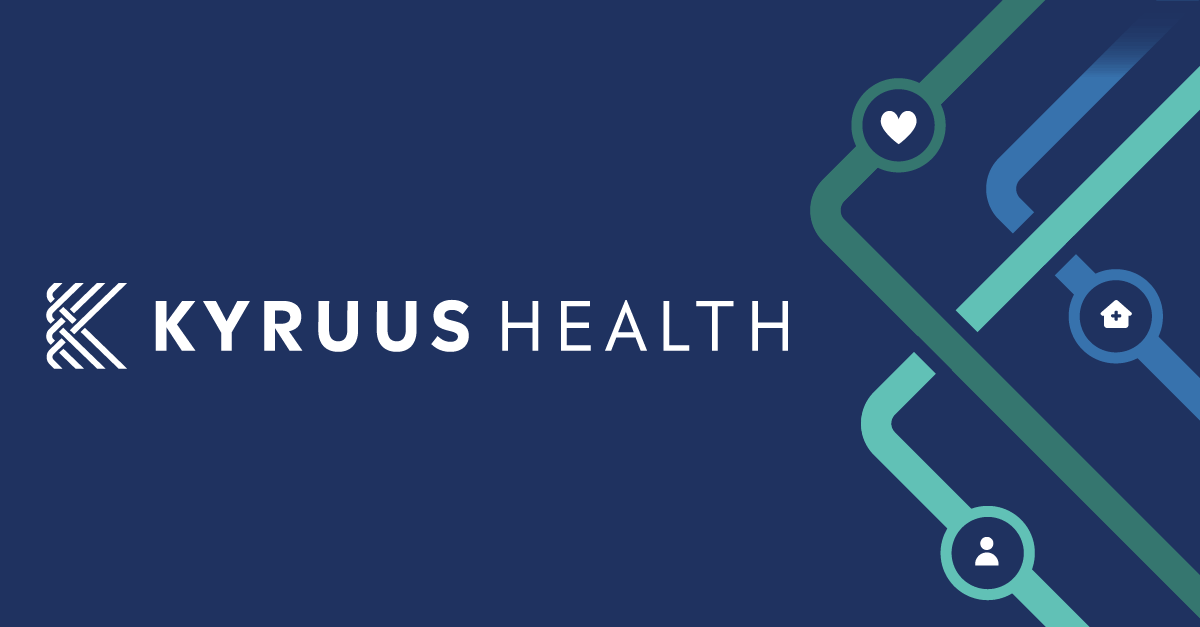EmergeOrtho is North Carolina’s largest physician-owned orthopedic practice with a team of nearly 270 highly-trained orthopedic specialists, physicians, and APPs, serving patients through 45 outpatient offices in 21 counties.
We recently hosted a webinar featuring Tammy Farris, EmergeOrtho’s statewide EMR manager, along with our Chief Strategy Officer, Gail Airasian. In addition to discussing key consumer preferences for finding, selecting, and accessing care — Tammy shared some important tips for medical groups to consider as they expand their digital self-service strategies.
1. Invest in Scalable Solutions
One of EmergeOrtho’s key initiatives for 2023 has been to increase digital access to their patients by implementing self-service tools at their practices statewide. The medical group had previously enlisted Kyruus Health’s services and solutions for a variety of reasons, from its strong integration with athenaOne to its scalability and customizability.
Scalable technology is paramount for a rapidly growing practice like EmergeOrtho. Configurability, likewise, is important because the medical group offers a variety of sub-specialty care, so ensuring that patients are being presented the correct forms to fill out during the check-in process based on the specific provider they’re going in to see is key.
Tammy Farris: We have consistently grown with locations and providers, and Epion has easily been implemented. These digital tools empower our patients to make good decisions about their care and be better informed about it. We’re keeping patients at the center and providing them with a diverse group of tools to use throughout their healthcare journey.
2. Educate and Empower Patients
Digital self-service tools are only successful for patient engagement if they’re easy to use. With healthcare consumerism not going away anytime soon, medical groups must deliver the experience patients want and give them the option to do things electronically. Otherwise, they risk losing patients to competitors who offer those experiences.
EmergeOrtho’s goal is to have the majority of their patients check in digitally before their appointment, and the medical group has proactively encouraged their patients to adopt the solution. How? One way was conducting a large marketing campaign in the communities they serve. The other big piece of the puzzle is helping patients understand their options and, when necessary, assisting them in moving through the process.
Tammy Farris: Our digital check-in layout is very user-friendly and ensures our patient insurance cards and eligibility are accurate. When implementing, we first educated our staff about the digital check-in process, including those who answer our phones and check out patients after their appointments. Then, we made staff available to coach patients through the check-in workflow their first time using it and had one-on-one conversations with those unsure about the process. Helping patients adapt to these tools helps our practice in the long run and empowers them to make healthcare decisions on their own.
3. Configurability is Key
Making digital health solutions work best for the medical groups who utilize them is paramount, especially for specialty practices like EmergeOrtho. One such example? The medical group is able to configure their check-in layout based on different orthopedist providers and their preferences. All of this ensures patients are filling out the most accurate forms and providing the staff at EmergeOrtho with the information they need.
Tammy Farris: The platform gives us the ability to map out additional forms based on provider, location, and appointment type to screen for patient-reported outcome screeners (PROs). We’re currently working with the Epion and Kyruus team to streamline our arrival management process. Enabling our patients to complete their self-check-in by scanning a QR code helps us deal with staff shortages and reduce lines at reception.
The Impact: Real and Reliable Results
For EmergeOrtho, Kyruus Health’s solutions have allowed them to gain many efficiencies. With over 44,000 insurance cards updated in just one year, they have also been able to confirm eligibility and collect copays before the patient arrives at the office—resulting in improved collections and more time for direct patient interaction. More importantly, the clinical accuracy of the charts, thanks to the patient-entered data, ensures the practice has the appropriate insight into health histories; they have seen over 93,000 surgeries and 61,000 medications added digitally by their patients, which has also reduced the amount of data entry needed from their staff.
View the webinar recording to learn more about the advantages EmergeOrtho has achieved by using the Kyruus Health’s solutions.



